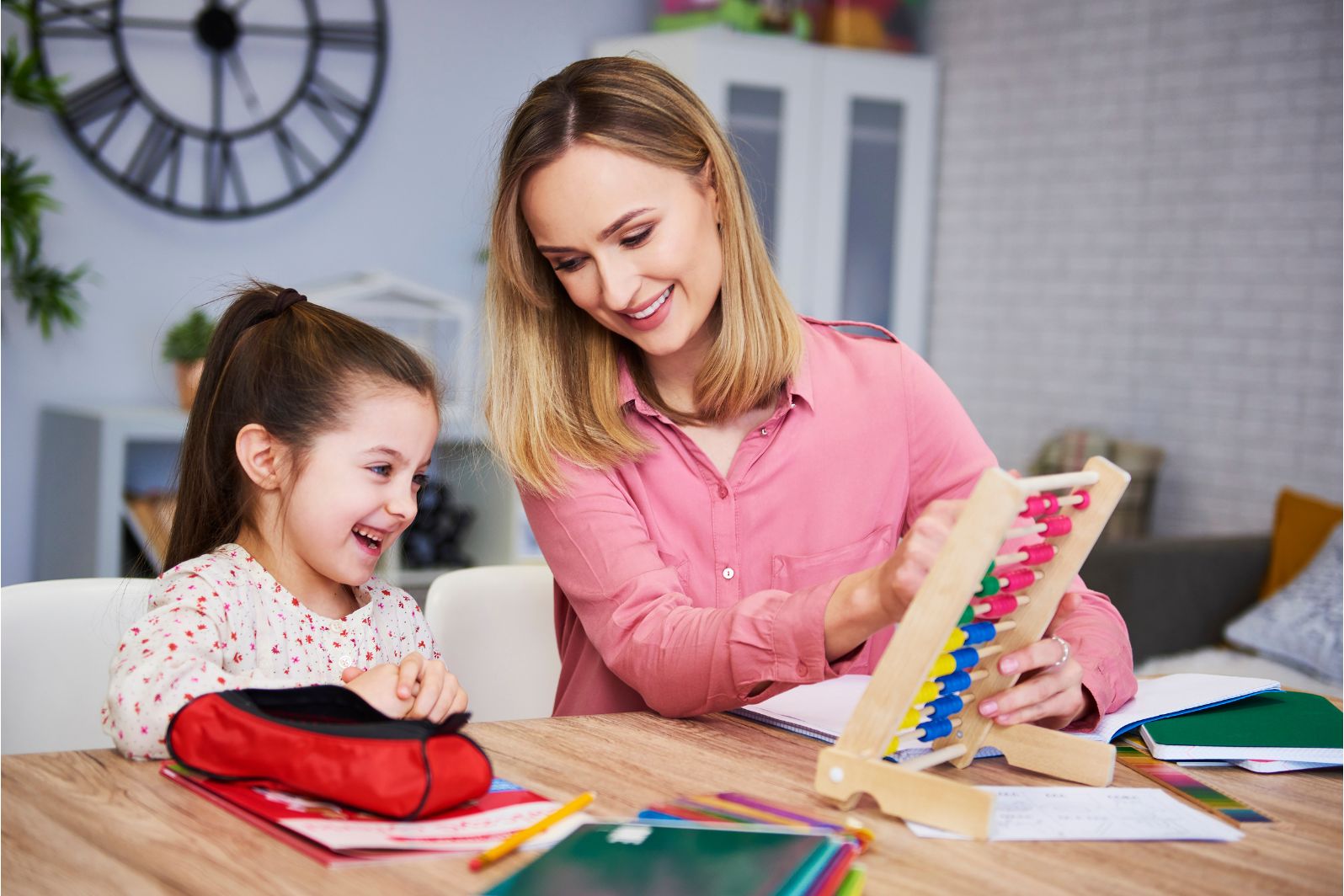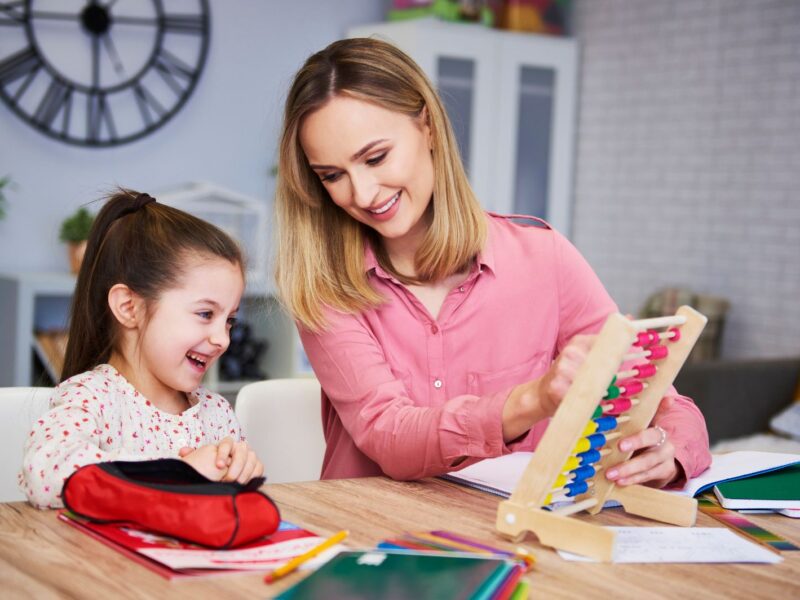Ninety percent of the human brain’s structure takes shape until the age of 5. That’s why providing a stimulating learning environment for children is so important.
Homeschooling presents an excellent opportunity for your child to learn.
It allows parents to be directly involved in their child’s education. This allows them to customize their learning experience based on each child’s unique needs.
Homeschooling can be a great option for both parents and children, but it requires some planning. If you are looking for a guide to home school kindergarten for your child, this article is for you.
Table of Contents
Take Advantage of Your Resources
There are many resources available to help you with homeschooling curriculum ideas. These resources will help you find the best materials for your child’s needs.
You can find books, websites, and more that will give you ideas for how to teach various subjects. You can also use a curriculum like Secular Homeschooling to guide you in the right direction. Make sure that you are taking advantage of all the resources available to you.
Create a Dedicated Learning Space
Homeschooling is a great way to give your child the best possible education. But you will need to make some changes in your home environment.
One of the first things you should do is create a dedicated learning space.
This can be as simple as moving some furniture around. Or it could mean building an entirely new room in your house. Choose a space that gets plenty of natural light and allows your child to move around freely.
Make the Environment Welcoming
Ensure your learning environment has plenty of seating options, including comfortable chairs. Provide plenty of room for bookshelves, tables, and other supplies.
A comfortable reading area is also important.
Add some posters or artwork to the walls. Use this as a visual reminder of what you are trying to accomplish. Make sure that your learning space has adequate lighting so your child can see what they’re doing without straining their eyes.
Set Goals for Learning
Having goals will help you create a plan for your child’s education. For example, you might want your child to read a certain number of books or finish a specific project.
Try creating one or two goals each month that they can work towards completing. This will help you keep track of their progress and ensure they are learning what they need to know.
Plan for the Week Ahead
Each week, plan what your child will do during the upcoming days. This will help you make sure they are getting the right amount of attention and practice to achieve their goals.
For example, if you want them to practice reading more books, create a schedule that includes at least one hour of reading each day. This will help your child’s self-esteem and ensure they are reaching each learning milestone.
Start With Basic Lessons
Kindergarten students should focus on basic learning skills. This will help them get a good foundation for the rest of their education. Early exposure to these skills will also help your child get ready for more advanced lessons later in life.
A good way to start is by having your child learn the alphabet, colors, numbers, counting, and more. You can also teach them how to write their name and read simple words. This will help them learn and keep information, which is an important skill for all students.
Visit the Library Often
An educational philosophy that is often overlooked is the importance of reading. Reading can help your child learn more about the world around them and become more knowledgeable.
Start by taking your child to the library and letting them pick out books that interest them.
You can also read stories together, which will help you bond with your child and create a lasting memory. With these tips, your child will probably develop a love of reading, which will be an important skill for all students.
Implement the Use of Games and Puzzles
Using games and puzzles can help your child learn how to think critically and solve problems. These are essential skills for children as they grow up.
Start by letting your child play with puzzles and games such as Legos or blocks. These toys can help your child develop spatial awareness and critical thinking skills that will be useful later in life.
Use Songs and Rhymes to Teach
Teach your child how to count by creating a song or rhyme that helps them remember how many objects are in a group. You can also use them to help your child learn about other cultures and countries.
The key is to make them fun, engaging, and memorable. When children enjoy a song or rhyme, they are more likely to listen closely and learn from it.
Embrace Messiness and Creativity
When children are allowed to be impromptu, they learn how to problem-solve and think outside of the box. They also learn how to deal with frustration and constructively express their emotions.
Encourage your child to get messy and creative. Let them analyze things with their hands and their minds. Allow your child to be creative, ask questions, and explore their world.
Praise Effort Over Results
When children receive praise for their efforts, they learn it doesn’t matter if they win or lose. It only matters that they try their best and have fun along the way.
They become resilient and better able to deal with failure later in life. Let your child know that you’re proud of them for trying hard even if things don’t work out exactly as planned.
Home School Kindergarten: Help Your Child Succeed
Kindergarten is one of the first steps toward a lifelong love of learning for your child. It’s an exciting time for both you and your child, but it can also be challenging.
As a parent, you want to do everything possible to help your child succeed. The good news is that when you home school kindergarten, you have a lot of control over what your child learns and how they learn it.
For more learning tips and tricks, check out the latest articles on our blog!


